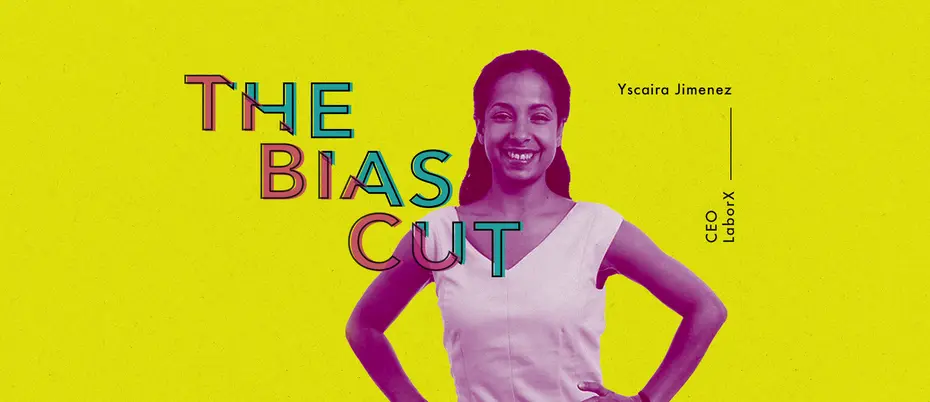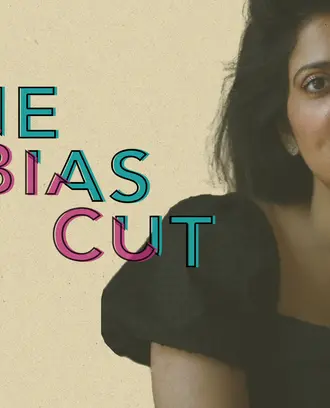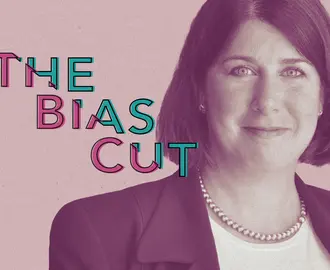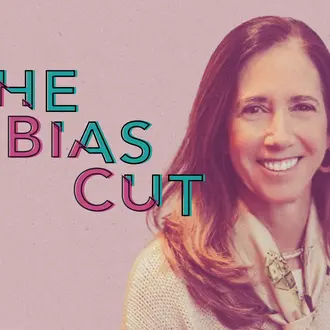The Bias Cut
Why this CEO hires from untapped and undervalued demographics
“Putting more women who think and act with intersectionality in charge of investments is how we will make sure the best ideas get funded and bring value.”
A 2019 women’s leadership study from LeanIn.org and McKinsey & Co. found that American women held less than 40% of corporate management positions, and women continue to fight underrepresentation when it comes to board positions and CEO roles. They also face gender bias, harassment, and opposition to their management styles.
Here’s how one Sloan alumna has pushed back on those statistics and used what she’s learned along the way to help those behind her.
Yscaira Jimenez, MBA ’14, CEO of LaborX, a job-seeking platform
As a woman, in what ways is your professional life different from what you imagined it would be like when you started your career?
I thought post-Sloan, I would have the training and validation needed to raise money quickly to start a company, grow it, and exit it in 5-7 years. At the 5-year mark, I realized early on, the rules don't apply to everyone the same way, but resilience and relevance equalize the field in the long term. I have two more years to prove that thesis right.
Can you give an example of a time you’ve experienced or witnessed gender bias? How did it affect you professionally? What impact did it have on your job?
In the five years since I graduated Sloan, I've seen multiple peer entrepreneurs — all males — get funded to do similar work [to me]. Most have failed and have already moved to their next venture. This forced me to get really creative on fundraising and revenues, such as raising blended philanthropic and impact investment dollars, and securing government contracts. It’s meant I've had to grow slower, but being around five years later has given us credibility that is paying dividends now.
Certain industries are as male-dominated as ever. Where do you see progress in your own professional experience and how can we scale that throughout your industry?
While venture capital is a male-dominated field, all of my funding — philanthropic or investment — has come directly from or is championed by women. Putting more women who think and act with intersectionality in charge of investments is how we will make sure the best ideas get funded and bring value.
How do you support women coming up behind you?
I am constantly using an intersectional lens to hire, contract, and partner with more women, black, Latinx, immigrants, and other opportunity groups that are untapped and undervalued.
Who was an ally or mentor for you as you’ve navigated your career? What made that person stand out, and how specifically did they help you get to the next level of your professional development?
Up until recently, most of my mentors were males. I had a hard time finding women who shared my life and professional experiences and used their time to change systems to help drive opportunity for all. Heather Hiles has been a champion, advisor, and ally for the past three years as she brings radical innovation to education and the workforce as an entrepreneur, investor, and leader. As a black woman in tech, one of only 12 who [had] raised over $1 million in funding as of 2016, she is a role model and trailblazer.
What is the most difficult lesson you’ve learned in your professional life? In what unexpected ways did you grow from it?
Resilience is a survival tactic but so is failure and knowing when to push and when to quit can make the difference between leading a meaningful and unfulfilled life.




